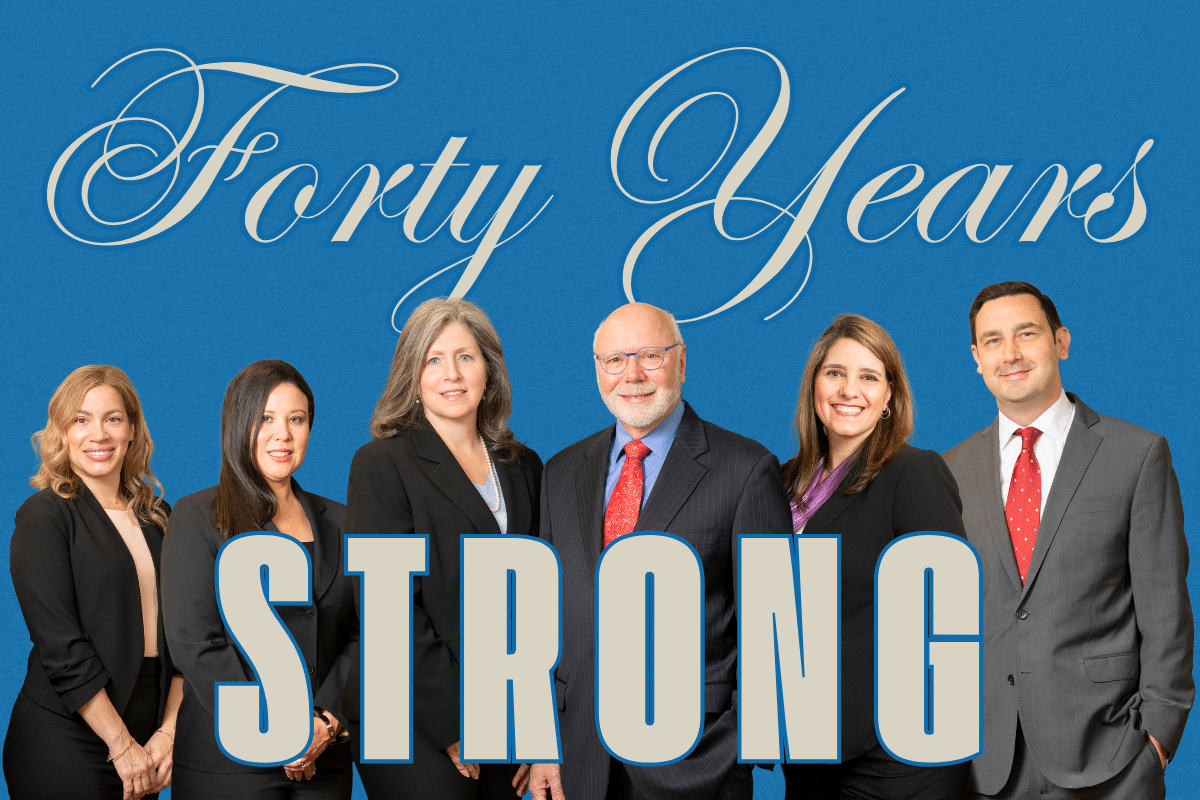Many of us put off planning for the future, thinking we have plenty of time…
It is common for older adults diagnosed with dementia to lack the necessary resources to care for themselves over time. If you or a family member has received a dementia diagnosis, begin immediately to discuss and seek guidance for future care. For help in developing a plan and implementing the steps that need to be taken to protect your loved one, seek the advice of an elder law attorney.
It’s important to understand the diagnosis
When a loved one is diagnosed with dementia, there is much to learn about how it may affect the entire family. Be sure to attend the doctor’s appointments as they conduct testing and discuss treatment options. Make a list of questions to ask for help regarding long-term care needs. If the doctors can’t completely answer all of your concerns, seek resources from reputable sources, such as Dementia Action Alliance. Gather as much information about dementia to anticipate and protect yourself from long-term care expenses and plan for the right level and quality of care.
Discuss how to proceed with family members
It is important to be unified as a family to meet the unique needs of aging loved ones with dementia. It is also vital to communicate clearly and get everyone’s input. Each person may have a perspective or idea you haven’t considered. This includes listening to your loved one’s wishes and concerns about their present and future needs. Ensure they will be well cared for the rest of their life by looking at all your financial resources and options to help pay for medical services. Patience with other family members is critical, as this type of diagnosis affects everyone differently.
Get legal and financial plans in place
Decide which family members or friends will be designated to make health care and financial decisions for your loved one. A healthcare power of attorney allows someone to make medical decisions when your loved one is no longer capable. A financial power of attorney authorizes someone to make financial decisions when it becomes necessary. Powers of attorney are critical for your loved one’s future. They can explain the types of decisions they would make in specific situations and offer instructions while they are still able to participate in the planning process.
Next, consider when and how your loved one will be transferred to long-term care. An elder law attorney can be beneficial when vetting health care services and facilities, determining costs, reviewing nursing home contracts, and protecting assets should your loved one need to apply for Medicaid benefits to pay for medical expenses. The attorney assesses resources to find the best way to pay for long-term care and help the family get the necessary documents in place.
Understand and explore options for long-term care
Searching the internet and meeting with agencies that specialize in dementia care helps you understand changing needs over time. In the early stages of dementia, in-home care services and adult day cares may be enough to provide for your loved one’s care needs. However, the level of care increases as the disease progresses until facility care becomes necessary. There are many types of facilities, and you’ll need to determine which is best for your family’s needs, such as nursing homes, assisted living, and memory care facilities. Preparing for long-term care options before the time comes allows your family to make the best care and financial decisions for your loved one with dementia.
Once your loved one receives a dementia diagnosis, get started quickly to understand and prepare for the future. Long-term care planning with an elder law attorney can relieve some of the stress and help family members focus on supporting their loved one with dementia. Seek proper guidance from organizations with experience planning for the care of dementia patients. Most importantly, support, love, and respect your loved one experiencing dementia.
If you have a loved one with dementia, please contact us at 1 (800) 680-1717 to discuss a specifically tailored plan to meet your family’s needs.




My Husband was diagnosed with Dementia when he was 62 years old 2 years ago. The Donepezil did very little to help him. The medical team did even less. His decline was rapid and devastating. It was Memory loss at first, then hallucination. Last year, a family friend told us about Natural Herbs Centre and their successful Dementia Ayurveda TREATMENT, we visited their website natural herbs centre. com and ordered their Dementia Ayurveda protocol, i am happy to report the treatment effectively treated a nd reversed his Dementia disease, most of his symptoms stopped, he’s now able to comprehend what is seen, sleep well and exercise regularly.he’s active now, I can personally vouch for these remedy but you would probably need to decide what works best for you ????.